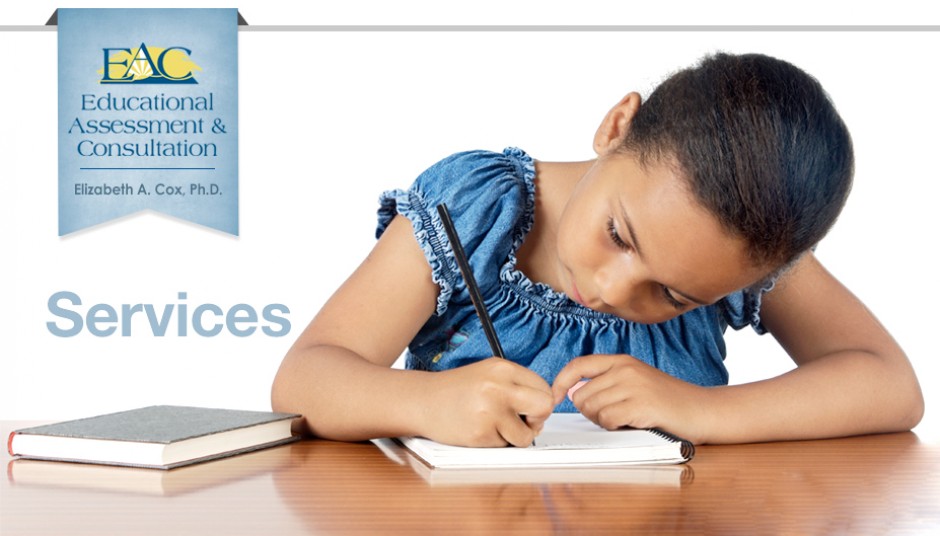Dyslexia
What is Dyslexia?
The term dyslexia is a widely used, yet widely misunderstood. While no single, agreed upon definition exists, the following websites provide research-based definitions that may be helpful.Dyslexia: An Article by Sally Shaywitz, M.D.
I Have Dyslexia. What Does it Mean?
What is Dyslexia - MTSU
In my practice, dyslexia is defined as occurring when a student’s ability to read and/or spell is much lower than would be expected based on his or her general ability to learn, problem-solve, and understand concepts. Dyslexia is divided into three subtypes. Phonological dyslexia is characterized by extreme difficulty connecting letters and letter combinations to the sounds they represent and blending those sounds to produce whole words easily and efficiently (phonics). Orthographic dyslexia is characterized by the significant inability to store and quickly retrieve letter patterns and whole words to and from long-term visual memory (sight word recall). A third subtype is identified when a student has a “double-deficit” or severe delays in both phonics and sight word recall.
Common characteristics of dyslexia:
View SiteRecommended Readings:
Overcoming Dyslexia: A New and Complete Science-Based Program for Reading Problems at Any Level (Sally Shaywitz)Parenting a Struggling Reader (Louisa Moats)
Basic Facts about Dyslexia and Other Reading Problems (Moats and Dakin)
Helpful Websites:
International Dyslexia Association - View SiteTennessee Dyslexia Association - View Site
MTSU Center for Dyslexia - View Site
Yale Center for Dyslexia and Creativity - View Site
